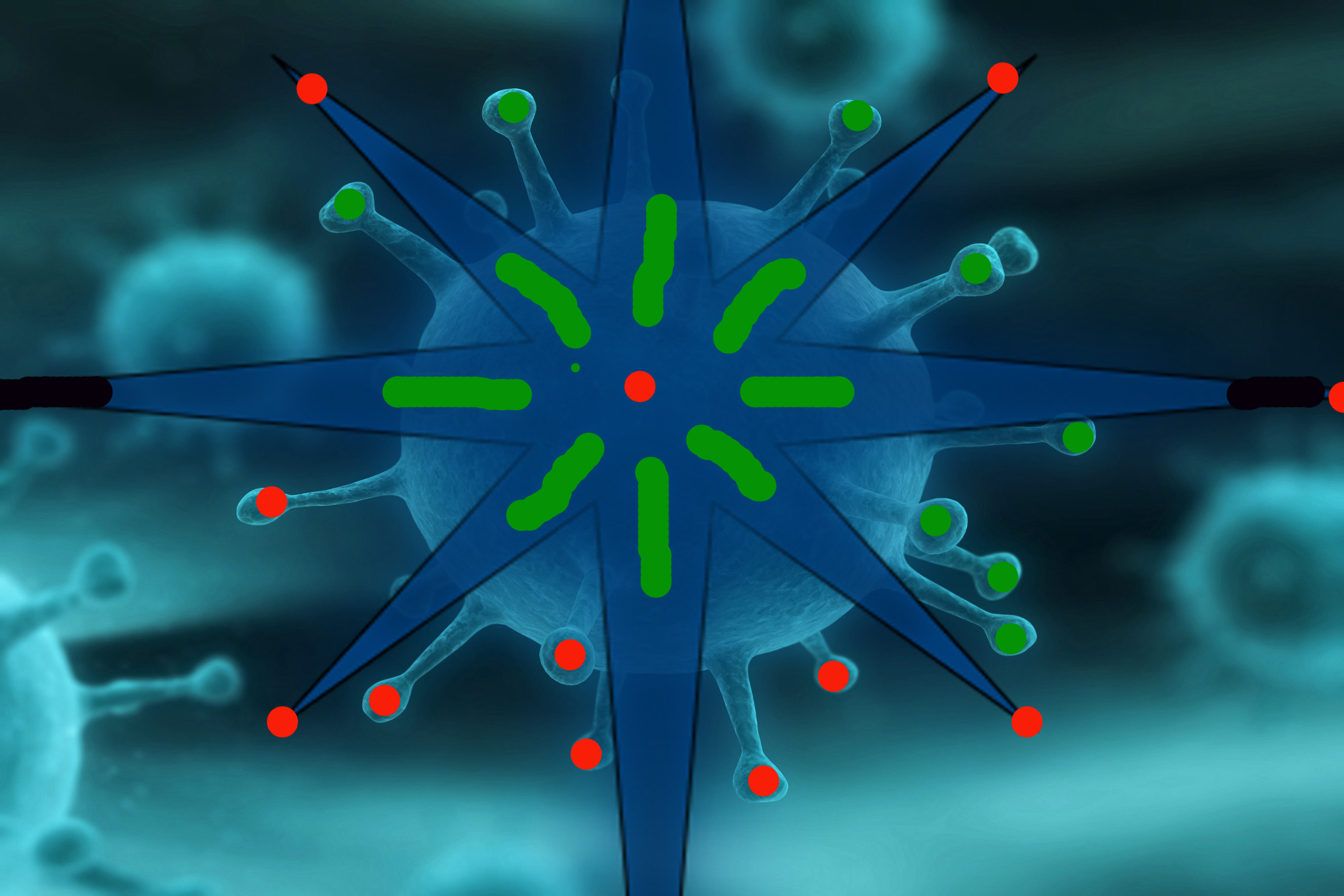A SARS-like virus found in Chinese horseshoe bats may be poised to infect humans without the need for adaptation, overcoming an initial barrier that could potentially set the stage for an outbreak according to a new study.
SARS-like coronavirus sequences isolated from Chinese horseshoe bats, where SARS originated. Based on the sequences, researchers reconstructed the viruses to evaluate their potential to infect human cells and in mice. They found that the newly identified virus, known as WIV1-CoV, could bind to the same receptors as SARS-CoV. They also showed that the virus readily and efficiently replicated in cultured human airway tissues, suggesting an ability to jump directly to humans. This virus may never jump to humans, but if it does, WIV1-CoV has the potential to seed a new outbreak with significant consequences for both public health and the global economy.
The research team also found that antibodies developed to treat SARS were effective in both human and animal tissue samples against WIV1-CoV, providing a potent treatment option if there were an outbreak. However, the limitation to treat with antibodies is the same as with ZMapp, the antibody approach used for Ebola: producing it at a large enough scale to treat many people. Also, in terms of prevention, existing vaccines against SARS would not provide protection for this new virus due to slight differences in the viral sequence.
SARS, short for severe acute respiratory syndrome, was first seen in an outbreak in 2002 and resulted in 8,000 cases and nearly 800 deaths. Spread through airborne contact, its onset presents symptoms similar to the flu with a dry cough but can accelerate rapidly to pneumonia, filling the lungs with fluid and putting extreme stress on the body's immune system.
Source: University of North Carolina
